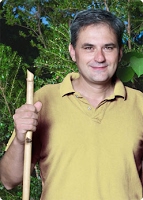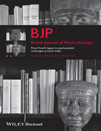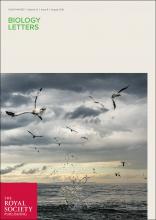
Neuroscientist Stanley Rapoport hasn’t had much luck with his co-authors.
Recently, we’ve reported on multiple retractions of papers co-authored by Rapoport after three different first authors were found to have committed misconduct. Now, the fallout from one of those cases had led to four more retractions, bringing Rapoport’s total to 12.
The latest batch of retractions stem from the actions of Jagadeesh Rao.
Here’s the first notice, issued by Psychopharmacology:
Continue reading Prominent NIH researcher up to a dozen retractions


 A psychoanalyst has retracted an award-winning 2016 paper over concerns that it contained “sensitive” patient information.
A psychoanalyst has retracted an award-winning 2016 paper over concerns that it contained “sensitive” patient information.
 An oncology journal has retracted a 2014 paper that contained a potentially fatal mistake.
An oncology journal has retracted a 2014 paper that contained a potentially fatal mistake.
 Researchers have agreed to pull a 2015 study exploring whether a plant extract can safeguard tanners from ultraviolet exposure after not obtaining formal approval from an ethics committee.
Researchers have agreed to pull a 2015 study exploring whether a plant extract can safeguard tanners from ultraviolet exposure after not obtaining formal approval from an ethics committee.
